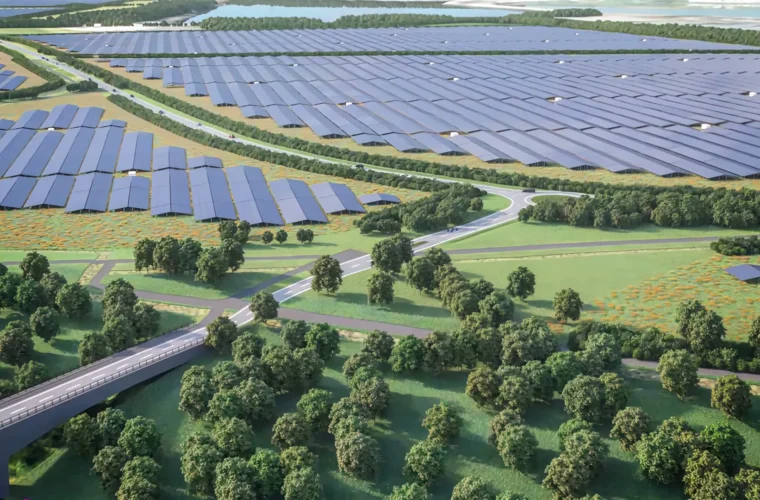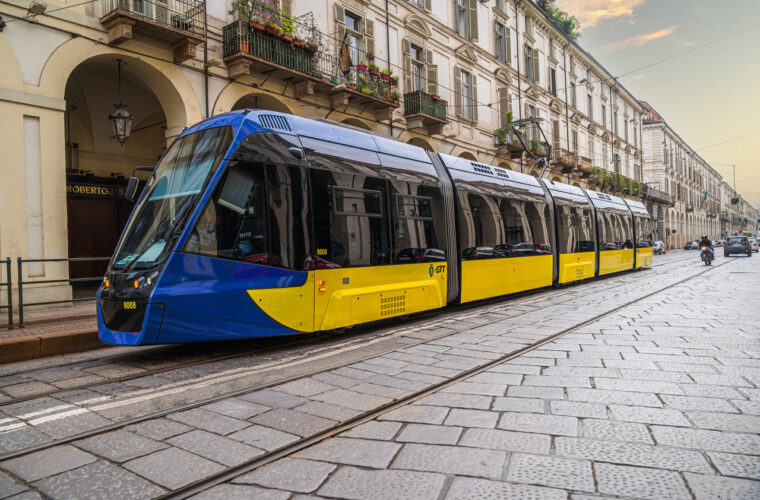
There is a growing trend among retailers to realize that shoppers want less plastic Christmas decorations and less plastic packaging on the gifts they buy. More and more people realize that there are several traditions around Christmas that, if slightly modified, can significantly reduce our environmental footprint.
Real vs artificial trees
A lot of people feel bad about trees being cut down. However, real trees are still the preferred choice for eco-friendly Christmas trees as they are better for the environment and they are replanted. You can rent a Christmas tree online or look for second-hand artificial trees. You may also try to buy a potted tree, which will last longer than throwing it away after the holidays (however, the experience might tell you otherwise). Remember: it is also okay to use artificial trees, but the life cycle of that tree has to be very long to make it more sustainable. If you plan to get a quality one, ensure it will serve you for 15-20 years. Otherwise, its environmental impact will be significant because of its production. Hence, the best option is to choose real trees.
As an alternative tree, you can decorate a potted plant or use a few branches and hang ornaments on them.
Sustainable Christmas decorations
The best solution is to decorate with homemade sustainable decorations or not buy new Christmas decorations every year. This way, you can decorate your Christmas tree without plastic and without producing unnecessary waste. You can make your decorations and ornaments that are sustainable and upcycled, and you can also give special, creative gifts with the same concept. You can make them with children or with friends and family, which can be a memorable time. This way, you can decorate your Christmas tree without plastic and waste and have fun doing it.
What about the presents?
Focus on quality, not quantity: according to Finder, more than half of British adults say they have received gifts for Christmas that they did not want. Think about this when buying gifts: less is more, and take the time to choose a quality piece that will last. This reduces the risk of gifts going to waste and can be better for your wallet!
Another option is to give an experience as a gift. Bring people together by giving away your time or an experience you bought in advance. Choose tickets to shows, concerts or events. Give away a homemade coupon book. Book a restaurant or give a gift card. Why not plan a trip to a National Trust or Wildlife Trust site or cook a home-cooked meal? This way, both Christmas and the upcoming event can be memorable for our loved ones and us.
It is also essential to consider the ingredients: look at the materials the gifts are made from and consider their sustainability. Ensure wooden and paper gifts are made from recycled or FSC (Forest Stewardship Council) certified materials. Avoid single-use plastic items that cannot be recycled, and look for items such as food and clothing that are certified organic.



